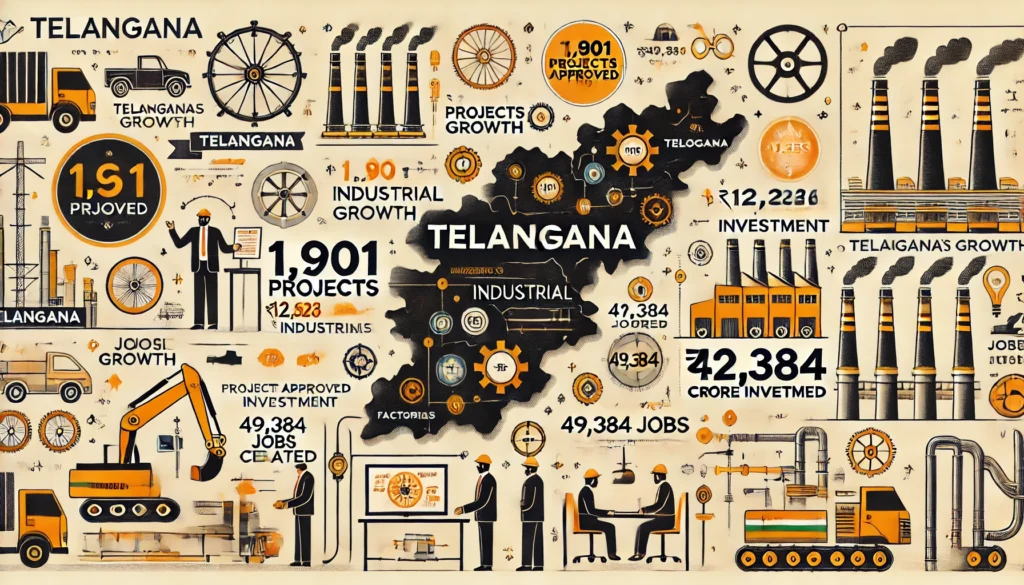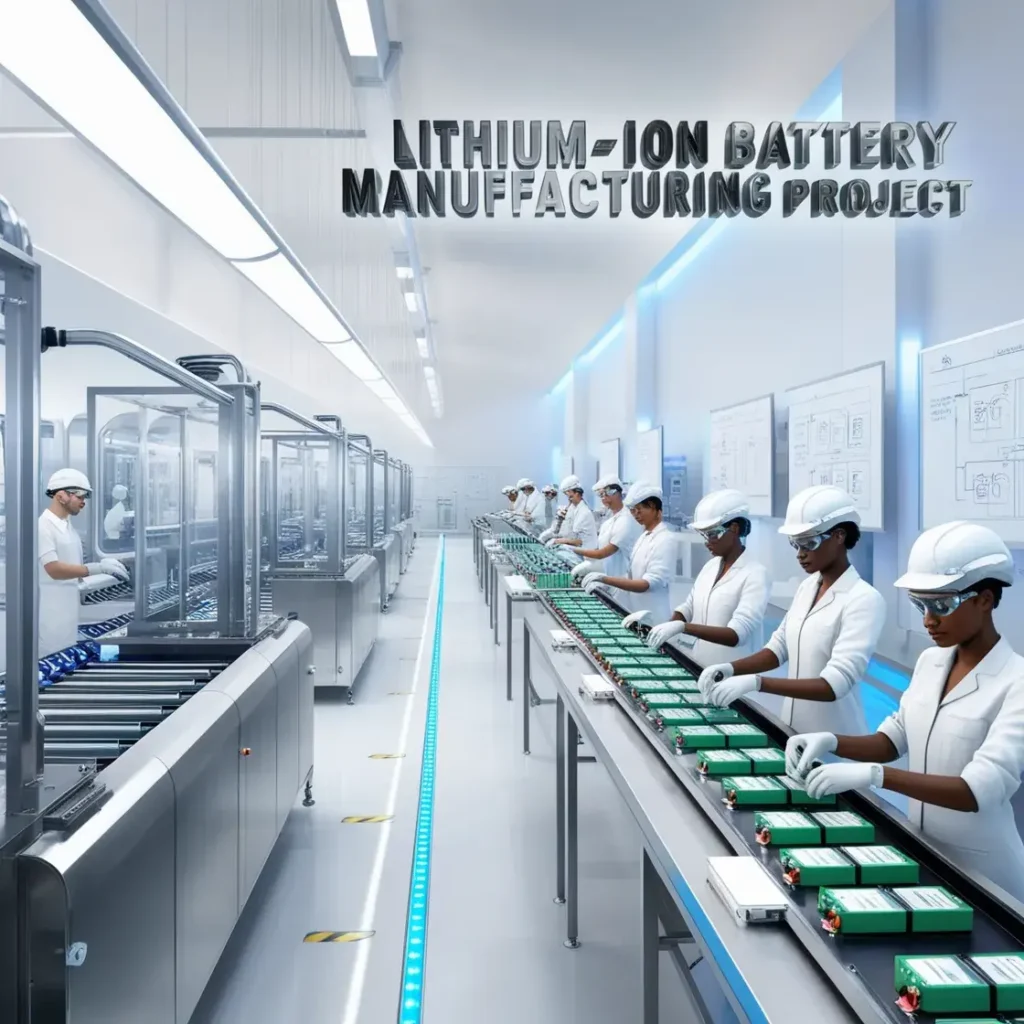Vedanta Rs 12500 crore investment EV metal manufacturing : Vedanta Ltd invests over ₹12,500 crore to boost production of aluminium, zinc & nickel for India’s EV sector. Discover how these metals extend battery range & reduce EV cost.
NEW DELHI – In a major strategic move to position itself as a key enabler of India’s electric vehicle (EV) ecosystem Vedanta Ltd. has announced an investment of over ₹12,500 crore to expand its production of critical metals. The diversified natural resources company is boosting its manufacturing capacity for aluminium, zinc, nickel and ferrochrome—materials essential for building lighter, more efficient, and more powerful electric vehicles.
This significant investment underscores a growing recognition that the EV revolution is not just about batteries and software, but also about the advanced materials that form the very chassis and components of the vehicles.
Investing in the Building Blocks of EVs
Vedanta’s investment is targeted and multi-faceted, designed to strengthen the entire supply chain for domestic EV manufacturing. The ₹12,500 crore infusion includes:
- Expansion of its aluminium smelter and boosting production of value-added aluminium products.
- Setting up a new zinc alloy plant.
- Installing new roaster setups for zinc production.
- Augmenting ferrochrome production capacity.
This capacity enhancement is crucial for reducing India’s reliance on imported materials and creating a self-reliant (“Atmanirbhar”) automotive manufacturing ecosystem.
Why Aluminium is a Game-Changer for EVs
A key focus of Vedanta’s strategy is aluminium a metal whose importance in EVs cannot be overstated. The company’s portfolio includes:
- Primary foundry alloys for manufacturing wheels, engine blocks, and cylinder heads.
- Billets used for battery casings, HVAC systems, and the very frames of EVs.
The primary advantage of aluminium is its light weight. Research indicates that every kilogram of aluminium used in a car reduces its overall weight by one kg. For an electric vehicle, this weight saving is directly translated into extended range.
“100 kg saved on an EV’s weight translates into a potential 10-15 per cent increase in its range,” a factor that directly addresses consumer “range anxiety” and reduces the total cost of ownership. Vedanta is also pioneering advancements in crash-resistant aluminium alloys and exploring its use in energy storage solutions.
The Critical Role of Nickel and Zinc
Beyond aluminium, Vedanta is a significant producer of other EV-critical metals:
- Nickel: This metal is a crucial component in the cathode chemistry of lithium-ion batteries, allowing for higher energy density and longer range. Vedanta produces primary nickel and nickel sulphate, a key ingredient for creating nickel-rich cathodes essential for the clean mobility transition. Nickel also adds structural strength to key EV components.
- Zinc: Used in various alloys and coatings, zinc plays a vital role in preventing corrosion, ensuring the longevity and durability of EV parts.
This Vedanta Rs 12500 crore investment EV metal manufacturing push is a clear signal that the foundational industries are aligning with India’s green mobility goals. By providing the essential raw materials domestically, Vedanta is not just powering factories; it is helping to power India’s transition to an electric future, making EVs more efficient, affordable, and sustainable

